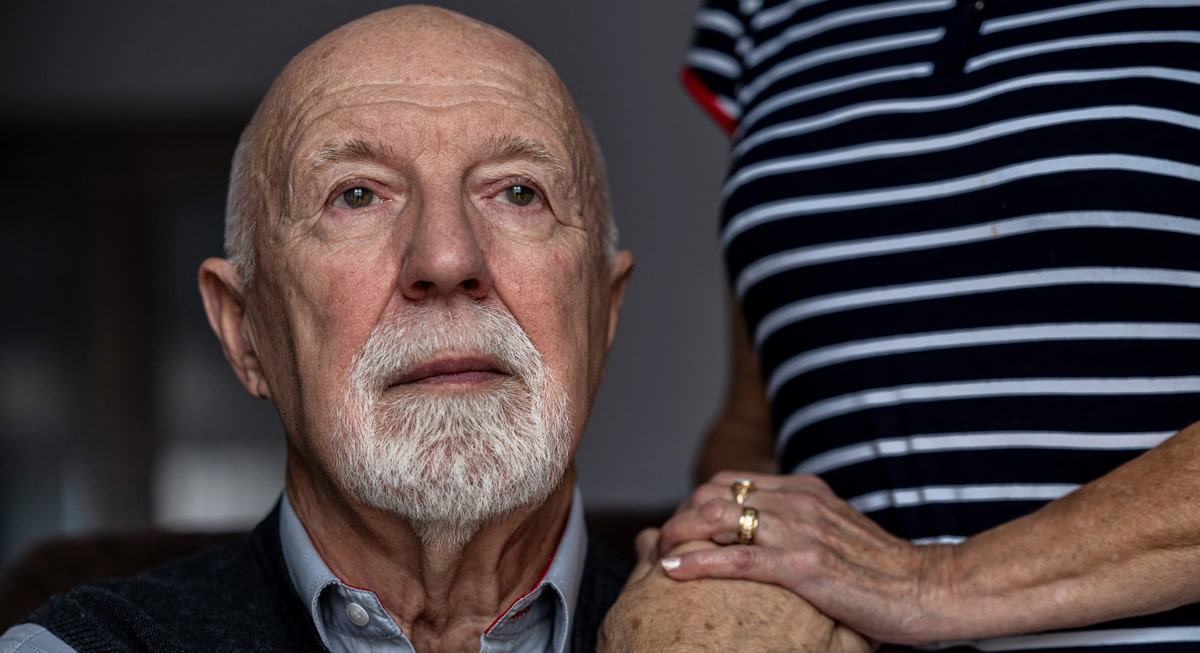Over the weekend, I read this article on Slate about the author's struggles with getting his first credit card. He had a job, no mortgage, and no debt. But he also had no credit history, which meant that no credit card was willing to take a risk on him.
Ultimately, he had to get a secured credit card, which will help him build credit.
My brother went through the same thing after he graduated from college. Why? He never had a credit card in college. He had a debit card, but that was it. Conversely, I always had a credit card in college. I didn't have a debit card (I still rarely use one - only when I need to get cash), which meant that most of my purchases went onto my credit card. I was one of those smart college kids who always paid off my credit card and didn't use my new found credit limit to go out and buy a fancy new tv or go on a crazy spring break trip. That meant that when I graduated from college, I had good credit and was able to get a reasonable credit limit.
So what's the best thing to do here? Should we encourage college kids to get credit cards? After all, wisely using a credit card and building up credit is a great thing. But then there are the stories of the students who run up huge bills and can barely pay the minimum balances. I have plenty of friends, smart, intelligent friends, who ended up in that boat.
My first credit card had an extremely low limit. Somewhere around $250. That would keep a student out of too much trouble, but there are plenty of worthwhile purchases that cost more than $250. What about plane tickets, for example? And of course, credit cards are happy to increase those limits (though maybe not as much as they used to be).
Plus, is there a lesson to be learned about responsible credit card use? Who's to say that making a college student wait til he's out of school and has a real job is going to mean he will spend more wisely? He has an income now, after all. A way to pay those bills, or at least the minimum balances.
I don't know what the best method is. Thoughts?









